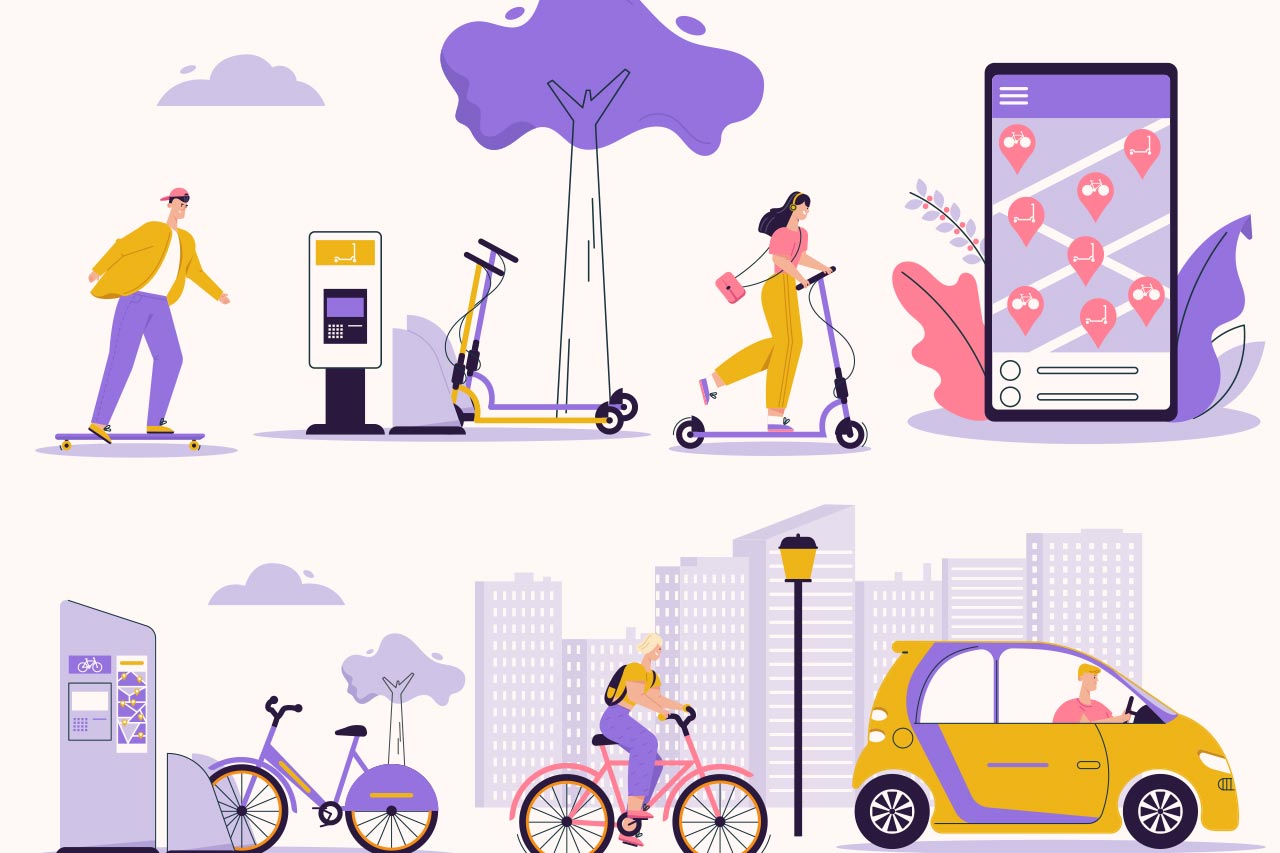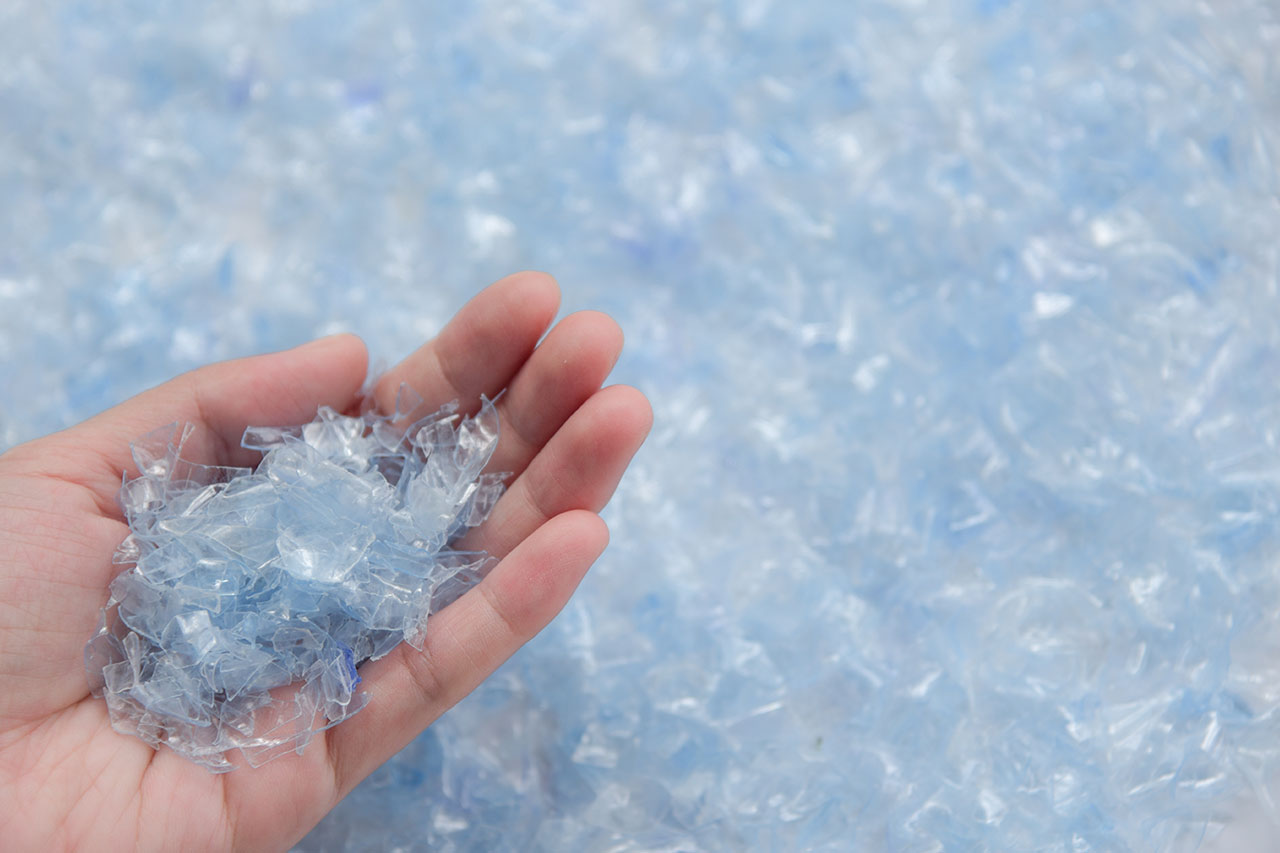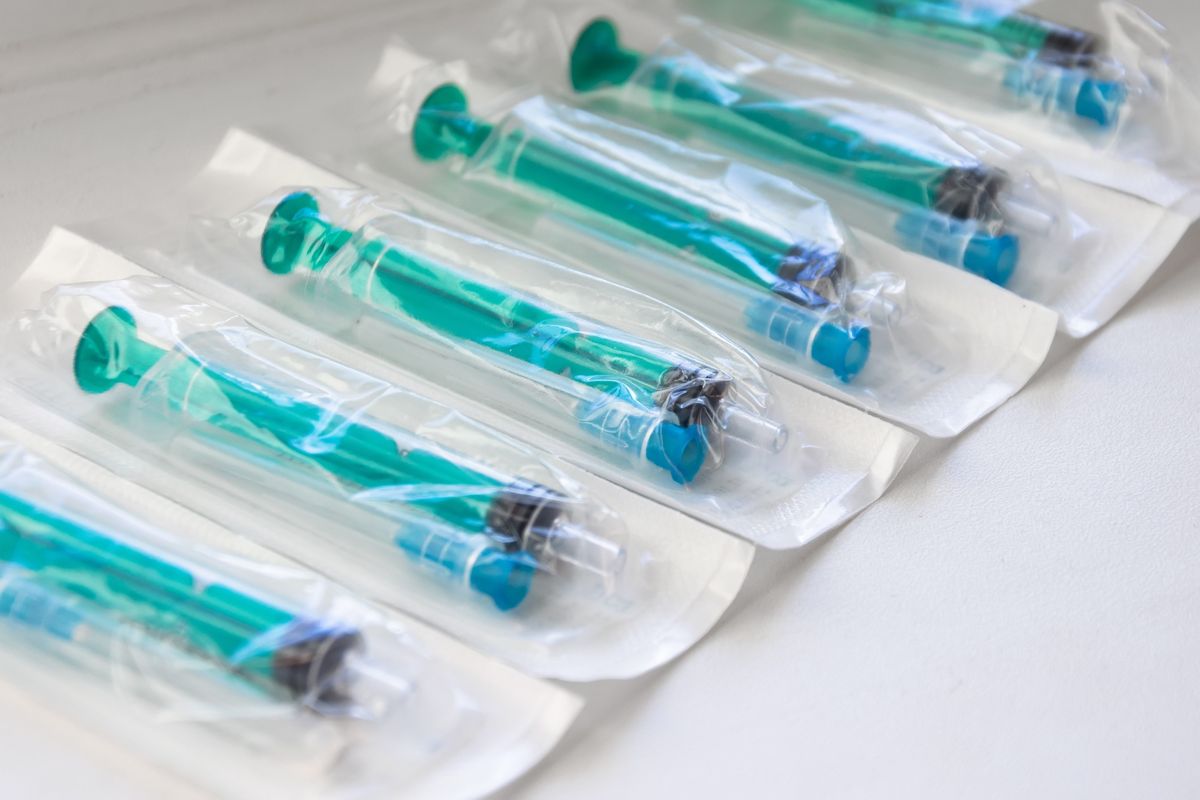
Circular economy consulting
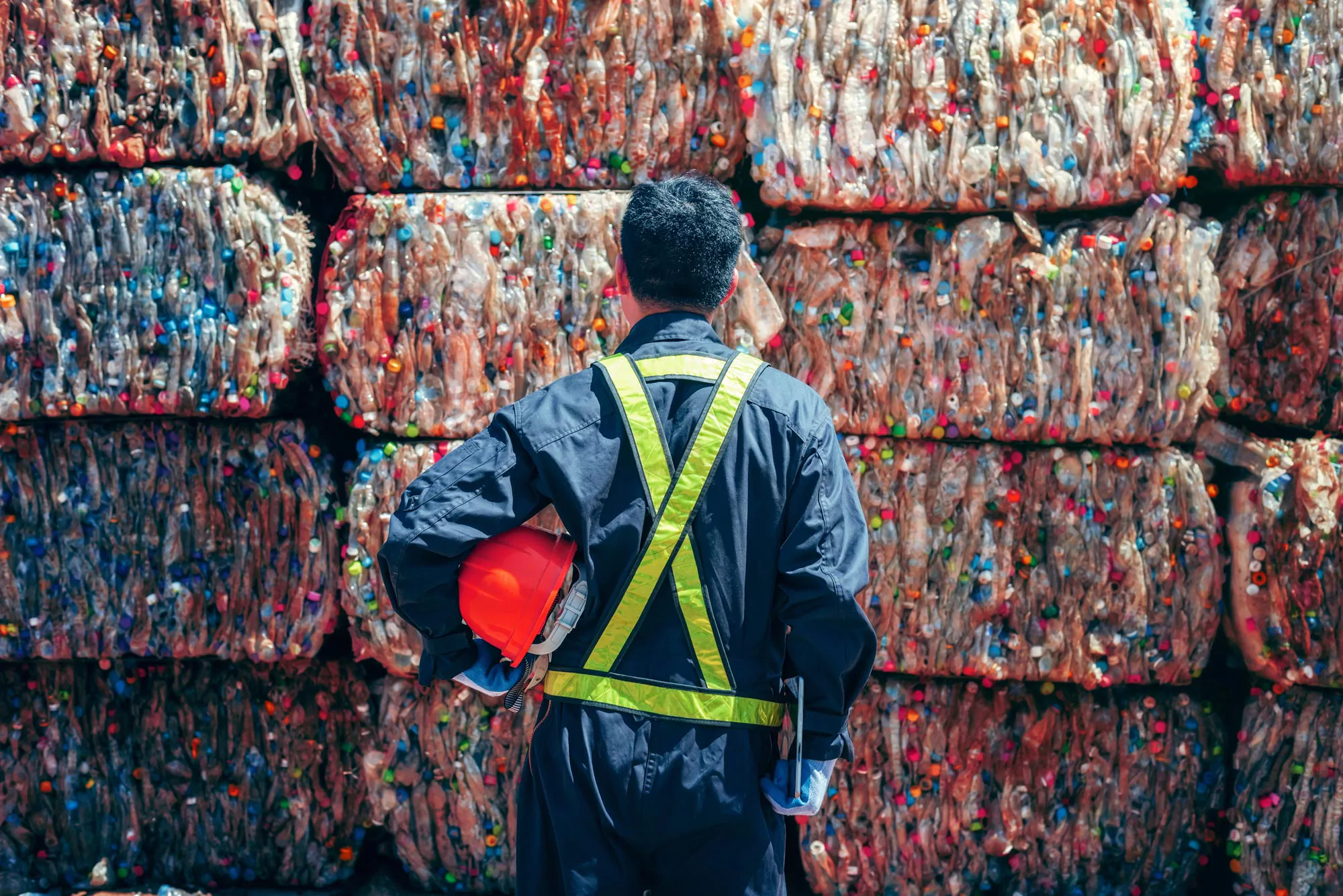
For over 30 years, our team has been providing day-to-day support to industrial leaders, innovative SMEs and start-ups, and institutional clients, in their innovation and development projects related to circular economy.
They trust us

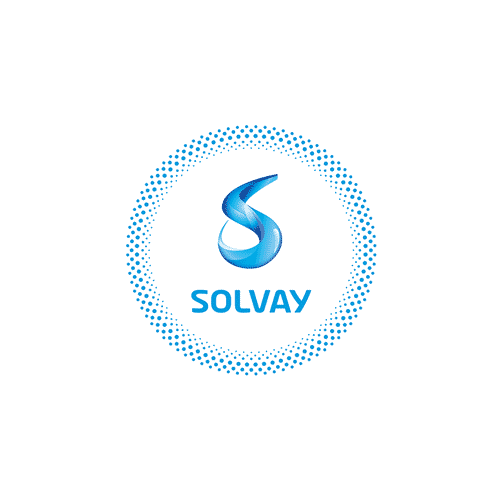
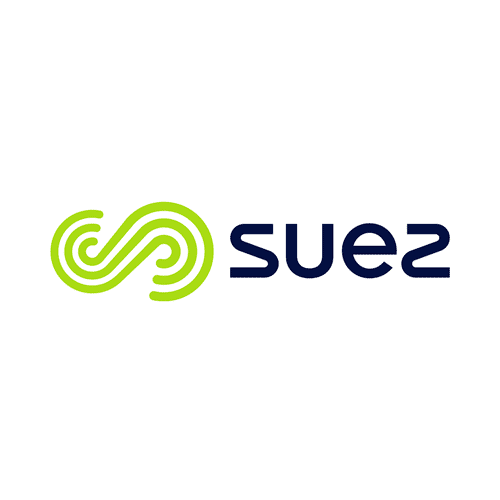
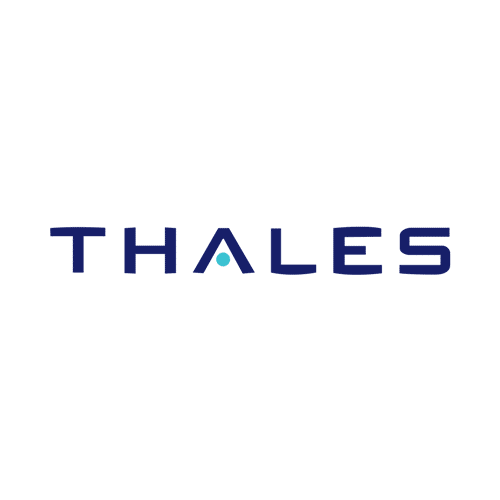


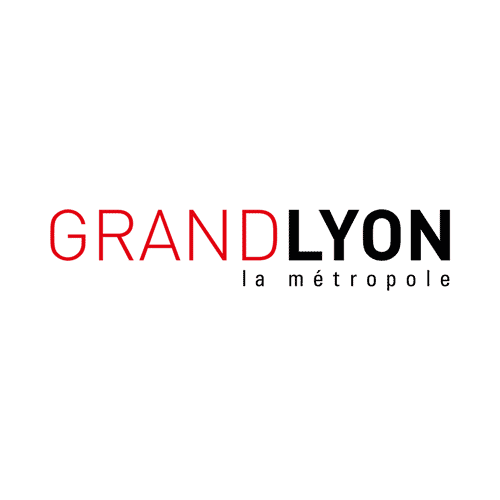


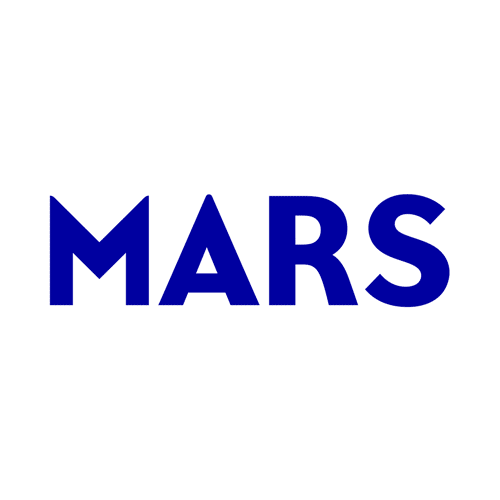
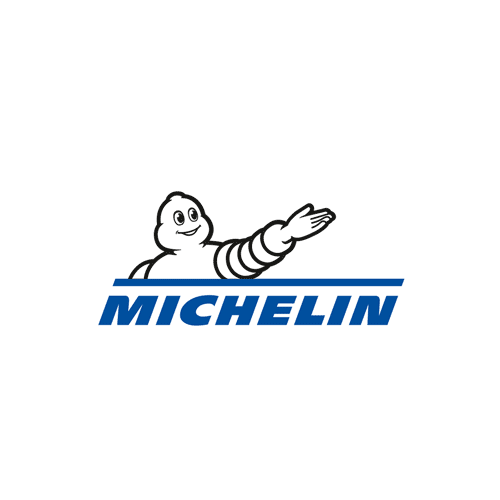

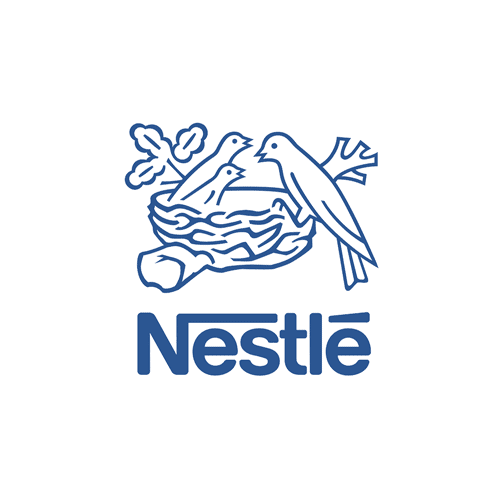
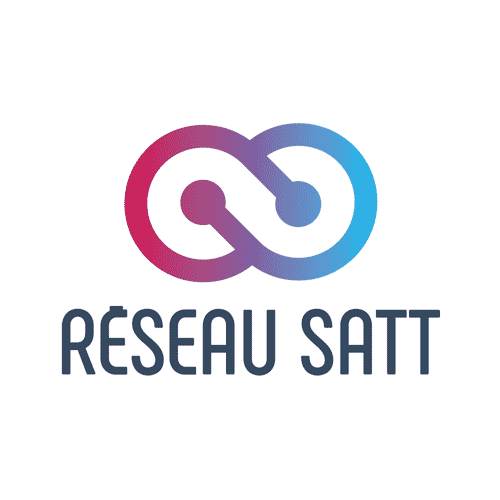
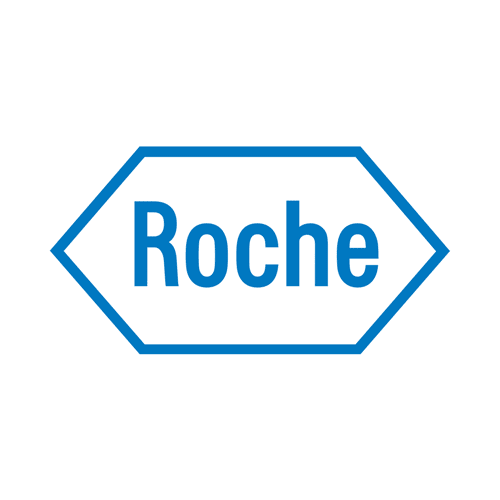
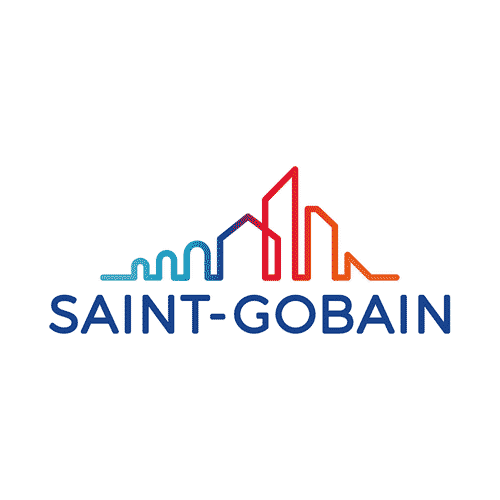
How we support our clients in their circular economy and circularity projects
Founded in 1993, Alcimed is a consulting firm specialized in innovation and new business. Spread over our 8 offices in the world (in France, Europe, Singapore and the USA), our team of 220 high-level explorers supports everyday corporate management and operational decision-makers (heads of marketing, R&D, innovation, strategy, CSR, industrial operations, etc.) in their innovation and new business projects.
The circular economy projects we carry out for our clients cover topics as diverse as the identification of more environmentally friendly raw materials, the search for more efficient processes from an environmental point of view, the identification of new opportunities linked to incoming circular value chains (service offer, new business models), the definition of circular roadmaps, the establishment of new valorization channels (identification of new markets, reflection on collection/logistics, identification of new partners, etc.) and many more!
The diversity of our clients (manufacturers, ETIs, innovative start-ups, institutions, etc.), the subjects we deal with, and the geographical areas we explore, enable us to master a wide range of missions and develop recognized expertise in our specialized sectors.
Our missions
Our expertise
Our missions
Strategic marketing
Clients & Patients
R&D
Commercial strategy
Innovation
New partners
Our expertise
Healthcare
Environment & Climate
Beauty & Nutrition
Energy & mobility
Sovereignty
Examples of circular economy and circularity projects carried out for our clients
Search for business opportunities to valorize industrial ashes in a circularity approach
Our team supported a chemical company generating ash through its production chain in its valorization strategy. As part of a circularity initiative, this industrial player wanted to valorize these wastes being produced throughout the world.
We first established ‘product sheets’ describing the performances associated with these new materials, before analyzing more than 10 industrial sectors to identify relevant applications according to pre-identified performance criteria. We then directly contacted the manufacturers concerned and validated their interest.
The result for our client? A list of new qualified partners ready to test the products offered.
Support for an eco-design process for flying taxis
Our team supported a mobility player seeking to develop flying taxis with a central focus on the circular economy. To do this, we integrated eco-design considerations into its development processes and identified two points of investigation:
- Can we rely on existing recycling industries?
- Are there alternative technologies that are more relevant from an economic and societal point of view?
Thanks to our investigation, we were able to identify recycling industries and decipher their operating methods, and on the other hand find partners offering alternative solutions to one of our client’s components.
Strategy for the valorization of production waste as part of a remanufacturing process
Our team supported an industrial player in its circular economy initiative to identify and select different technological avenues that would allow it to re-use its production waste in its own production cycle.
We first produced a technological panorama presenting all the possible approaches to treatment and valorization of the materials considered, with no sectoral limits. We then analyzed these approaches according to their performance, maturity, and applicability to our client’s context in order to select the most relevant ones.
At the end of this stage, we identified on the most attractive approaches, a first selection of potential partners to support our client in its developments.
Opportunity study for the creation of a label waste valorization industry in a circularity approach
Our team supported a labeling manufacturer in the valorization of its label waste.
During the first stage, various new potential uses were identified, taking into account the intrinsic characteristics of this waste. Secondly, we looked at establishing an industry for the most promising uses.
This second step made it possible to identify and select players who were able to perform tests from samples and validate a first proof of concept for our client.
Evaluating business opportunities and market potential for functional by-products
As part of their manufacturing process, our client in the dairy industry wanted to explore how they could valorize their by-products in the pharmaceutical and health supplement industries.
Alcimed conducted a thorough literature review to identify latest research on dairy functional ingredients and a cross-analysis with the disease prevalence and health trends in the market.
Thanks to our analysis, we then co-prioritised goods according on the market potential and co-designed a valorization strategy during a workshop with our client’s team.
Study of the communication of companies in the agrifood sector around the recyclability of packaging
One of our clients in the agrifood sector wanted to obtain an overview of its competitive environment regarding sustainable packaging.
Our team analyzed companies in the sector regarding their practices in terms of communication on sustainable packaging for children’s products in 2 target countries.
Our support has enabled our client to have a precise vision of the behavior of other companies in the sector around the challenges of sustainable packaging and our project has enabled the definition of a communication roadmap set apart from that of its competition.
Study of the market potential of a biohydrogen supply offer in a circular economy approach
We worked with a French environmental industrialist on its strategy to valorize by-products for the production of biohydrogrene.
Initially, our customer wanted to obtain an overview of the hydrogen market and industrial applications in Europe, as well as the technical specifications of the hydrogen used by the industries we investigated. Secondly, the aim was to assess the interest of potential customers – industrial gas suppliers – in developing a biohydrogen supply offer.
To this end, Alcimed conducted interviews with both industry experts and industrial gas suppliers, in order to assess their interest in offering biohydrogen instead of conventional hydrogen to their customers. In the end, we selected 2 applications whose industrial use was compatible with a biohydrogen supply.
Definition of the recyclability strategy of an aeronautics player
One of our clients in the aerospace industry wanted to define a recyclability strategy for its products by identifying the most critical materials and possible end-of-life processing routes.
To do this, our team identified all the parts contained in our client’s products and defined their end-of-life treatment criticality using a life cycle analysis and environmental risk assessment approach. Following this, our team identified the possible ways of recovering critical material at the end of its life, taking into account the economic, technical and environmental aspects of each recovery channel, as well as the possibilities of incorporating recycled material into the production chain. Finally, our team identified industries offering sustainable solutions suitable for potential partnerships with our client.
Ultimately, our client was able to adapt its strategy for recyclability of critical material and initiate its recovery.
You have a project?
To go further
Energy - Environment - Mobility
The circular economy to support a more sustainable mobility
How does the circular economy apply to the mobility sector? What are the most striking projects developed in sustainable mobility in the past years in France?
Chemicals - Materials
« Plastic is fantastic! » – Rational use and plastic recycling industry
Plastic is a ubiquitous material, and its use and recycling are increasingly regulated. Between alternatives to plastic and strongly structured plastic recycling industries, is the "plastic bashing" ...
Healthcare
How can we meet the major challenge of syringe recycling?
Are syringes recyclable? In order to create a circular economy for used syringes, they must be made and consumed in a way that minimizes our use of the world’s resources, cuts waste and reduces ...
Founded in 1993, Alcimed is an innovation and new business consulting firm, specializing in innovation driven sectors: life sciences (healthcare, biotech, agrifood), energy, environment, mobility, chemicals, materials, cosmetics, aeronautics, space and defence.
Our purpose? Helping both private and public decision-makers explore and develop their uncharted territories: new technologies, new offers, new geographies, possible futures, and new ways to innovate.
Located across eight offices around the world (France, Europe, Singapore and the United States), our team is made up of 220 highly-qualified, multicultural and passionate explorers, with a blended science/technology and business culture.
Our dream? To build a team of 1,000 explorers, to design tomorrow’s world hand in hand with our clients.
The circular economy is a phenomenon that consists in producing goods and services in a more sustainable way, i.e by limiting the consumption and waste of planetary resources and the production of waste.
More and more industrial players are interested in integrating circularity principles into their activities to develop sustainable production and sustainable consumption approaches. The principles of circularity involve:
- Promoting sustainable sourcing, in particular by increasing the proportion of recycled materials in raw materials. This alternative sourcing approach requires forging new relations with industrial partners to create material synergies.
- Reducing the environmental footprint of processes for sustainable production, in particular by promoting the development of remanufacturing (i.e., producing with used products rather than raw material). These approaches are highly promising because they are synonymous with both material and energy savings.
- Studying how to valorize waste from production or consumption processes. The aim of these approaches is to develop valorization methods that are more desirable than thermal valorization. Chemical methods (solvolysis, pyrolysis, depolymerization, etc.) have thus been developed and are highly successful from a technical point of view. These initiatives are generally part of what is considered industrial and territorial ecology, which involves valorizing waste as raw material for a company’s own production lines or for close industrial partners.
A circular economy initiative is also reflected upstream of the production phase by integrating the principles of circularity stated above in the product design phase; this is the emergence of eco-design approaches. In essence, it is about designing modular products that are easy to repair, last longer, and can be broken down more easily to be reused.
The concept of selling a product is thus replaced by selling a use, leading to the advent of the functional economy and significant savings in raw materials and energy while mobilizing new economic models. These models are based on the implementation of new circular economy strategies that are notably based on collaborative consumption approaches.
Beyond simply complying with the regulatory framework, integrating a circular economy strategy can be a real lever for adding value and differentiating companies. In all, there are 4 business models for the circular economy:
- The substitution model, i.e. innovating in a market with a breakthrough alternative that promotes circularity,
- The service sales model, in which instead of selling a product, the company offers a service around it, thereby generating ongoing value while controlling the product’s life cycle in a circular way.
- The recycling model, where the company generates value by ridding other companies of their waste, or by selling a finished product derived from recycling.
- The reuse model, where products are recovered and rehabilitated to offer the same performance as new products, thus extending product life and generating value beyond operating standards.
